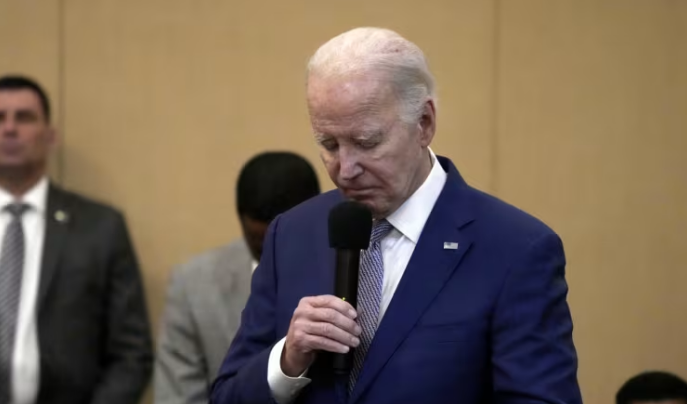In the wake of a drone strike that claimed the lives of three US service members in Jordan, tensions between the United States and Iran have escalated. Washington has attributed this attack to Iranian-backed militias operating from Syria and Iraq, a charge that Iran vehemently denies. The incident has thrust the White House into a delicate situation, prompting urgent calls for a measured response.
Navigating a Tense Landscape
The drone strike, occurring on a Sunday, has become a focal point of international attention. US officials, while confident in Iran’s involvement, have refrained from disclosing specific details or outlining their planned course of action. This reticence underscores the complexity of the situation and the administration’s cautious approach to avoid exacerbating tensions. The White House’s stance was articulated by a spokesperson who emphasized the intent to respond on their terms, prioritizing strategic patience and the president’s discretion as commander-in-chief. This approach reflects a broader desire to manage the situation without resorting to military escalation.
Iran’s denial of responsibility and its call for political solutions to international disputes add another layer of complexity to the unfolding narrative. These assertions stand in stark contrast to the accusations leveled by the US and its allies, including NATO officials, who have criticized Iran for its destabilizing activities in the region. The incident has not only heightened US-Iran tensions but also brought to light the broader geopolitical dynamics at play, including the impact of ongoing military operations in Gaza and the regional repercussions of Hamas’s actions.
Read More:
- Philadelphia police identify man sought for taking gun from scene of officer shooting
- Bipartisan immigration bill in limbo amid Trump opposition
- How Virginia representatives voted on government funding bill
A New Phase in Regional Dynamics
The drone strike’s occurrence in Jordan, far from the usual hotspots of Syria and Iraq, signals a worrying expansion of the conflict’s geography. This development has raised alarms over the potential for further escalation, with implications for regional stability and international security. Analysts and local observers in Jordan perceive this as a significant escalation, marking a new phase in a conflict that now threatens to draw in additional actors and extend its reach beyond traditional battlegrounds.
The US’s strategic considerations are now more complex than ever, with the need to balance a firm response to the attack against the risk of further escalation. The administration’s cautious rhetoric reflects an awareness of the delicate balance required to navigate this crisis, emphasizing the desire for peace and stability over the pursuit of conflict.
As the situation continues to evolve, the international community watches closely, aware that the decisions made in response to this incident could have far-reaching consequences for regional peace and global security. The challenge for the US and its allies lies in crafting a response that holds perpetrators accountable while avoiding a spiral into broader conflict, a task that demands diplomacy, strategic foresight, and a commitment to international norms and stability.

